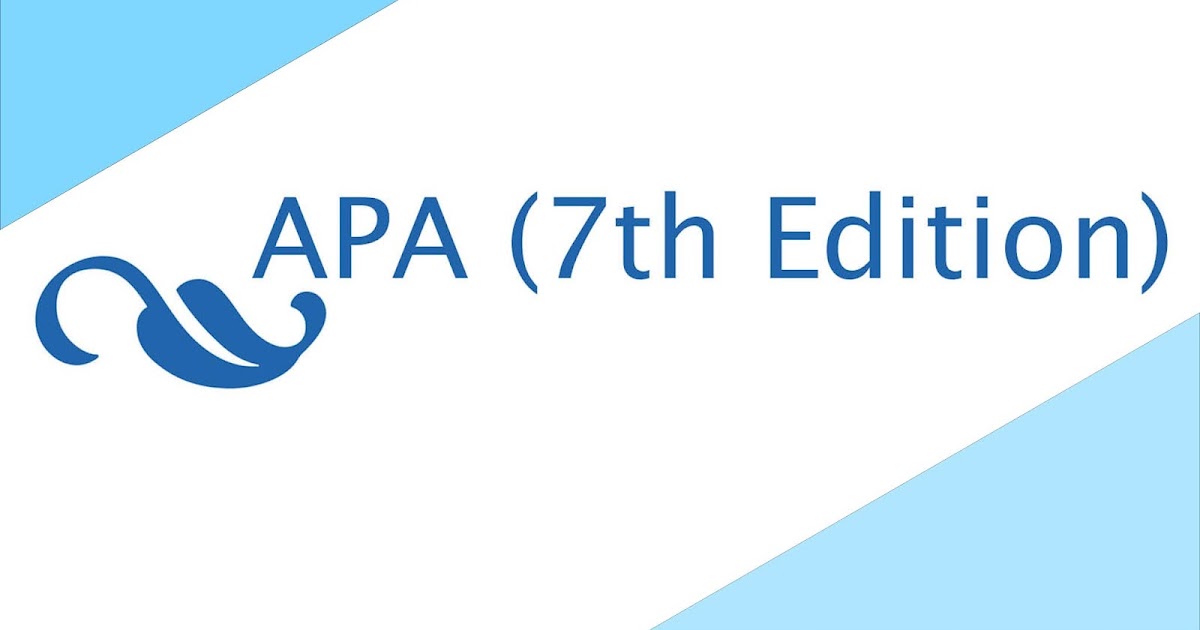Main Menu
Peer Review Process
SSCR employs a rigorous double-blind peer review process to ensure the highest standards of academic quality and innovation. Submitted manuscripts that adhere to the journal’s guidelines and templates will be evaluated by at least two independent reviewers, with identities of both authors and reviewers kept confidential. The review process typically takes 8–10 weeks, and we deeply appreciate our reviewers’ dedication to advancing interdisciplinary science in the era of Science 5.0.
Responsibilities of Reviewers
As a reviewer for SSCR, your expertise ensures the journal’s mission to publish cutting-edge, collaborative, and sustainable research. If invited by the Editor-in-Chief, please consider the following:
-
Constructive Critique: Provide detailed, objective feedback to help authors enhance their work’s scientific rigor, clarity, and impact.
-
Timeliness: Submit your review within the stipulated deadline (8–10 weeks). If unable to review, promptly suggest alternative reviewers.
-
Confidentiality: Treat manuscripts as confidential documents. Do not share, discuss, or use any part of the unpublished work.
-
Conflict of Interest: Disclose any potential conflicts (e.g., collaboration with authors) and recuse yourself if necessary.
-
Ethical Vigilance: Identify and report any suspected plagiarism, data fabrication, or unethical practices.
-
Recommendation: Advise the editor on the manuscript’s suitability for publication, considering its novelty, interdisciplinary relevance, and alignment with Science 5.0 principles.
-
Blind Review: Avoid direct communication with authors or revealing your identity. Do not delegate the review to others.
-
Language: Submit review reports in English (preferred) or Indonesian.
Evaluation Criteria
Reviewers are asked to assess manuscripts based on:
-
Novelty: Does the work offer innovative insights or methodologies aligned with Science 5.0 (e.g., human-AI collaboration, digital transformation)?
-
Originality: Is the research distinct from prior publications?
-
Interdisciplinary Impact: Does it bridge multiple fields (e.g., technology, social sciences, engineering) to address sustainability challenges?
-
Scientific Rigor: Are methods, data, and conclusions robust and reproducible?
-
Practical Relevance: Does it contribute to real-world solutions for sustainable development?
-
Structure and Clarity: Is the manuscript well-organized and compliant with SSCR’s guidelines?
-
Ethical Compliance: Are research ethics, citations, and authorship standards upheld?
-
Language Quality: Is the writing clear and free of grammatical errors?









